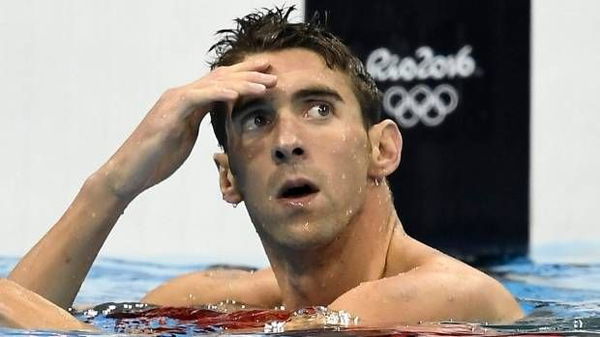

Michael Phelps, the greatest swimmer of all time, is no doubt a once-a-generation athlete with his overwhelming victories in the sport. He earned 28 Olympics medals, 23 of them gold, and became the most decorated Olympian by a wide margin.
ADVERTISEMENT
Article continues below this ad
He set long-standing world records and pushed the limits of human ability. But what if there were a lot more potential Michael Phelpses in the world? What if we simply miss out on their potential because there is no system to measure athletic ability in kids?
Sports-scientist defined parameters for spotting talent
Just days before the 2008 Olympics, The New York Times published an interview with the USA Swimming sports science director, Genadijus Sokolovas. The intense former pentathlete from Lithuania carried an objective view of Michael Phelps’ swimming prowess and, with the technology he possessed, had a bigger picture in mind.

Using what he called a “swim-power test”, they could measure a swimmer’s effectiveness according to 25 to 30 different parameters. This way, it provided coaches with a way to quantify the costs of a swimmer’s mechanical flaws. In the same vein of thinking, Sokolovas expressed his discontentment with the lack of an athletic talent identification system in the country.
“I’m pretty sure we have many more Michael Phelpses in this country,” Sokolovas noted. “There are plenty of methods we can use to evaluate a child.” According to him, there are several ways in which a child’s athletic ability can be judged and developed in early childhood. With proper training, any of them can rise to the level of the swimming GOAT.
“We can look at their biological parents and project their anthropometric parameters; we can evaluate their aerobic ability by testing their maximum oxygen output or measuring their aortas.” Sokolovas went on, “We can test how fast they adapt to long-term training. It’s easy to evaluate, but instead, we rely on the athlete coming to us, the way Michael Phelps came to Bob Bowman.”
Has there been another Michael Phelps?
ADVERTISEMENT
Article continues below this ad
Genadijus Sokolovas predicted that Michael Phelps’ records would be gone in the next 5 to 10 years. Now, 14 years later, he had been right, for the most part. Younger athletes have overtaken all but one of Phelps’ insane records. He set the lone one remaining in the 2008 Beijing Olympics, the 400-meter individual medley, with a time of 4:03.84.

via Getty
COLORADO SPRINGS, CO – JUNE 24: Michael Phelps speaks during the 2022 U.S. Olympic & Paralympic Committee Hall Of Fame Ceremony on June 24, 2022 in Colorado Springs, Colorado. (Photo by Ethan Mito/Getty Images for USOPC)
At the Beijing Games, Phelps won eight gold medals, all in world record or Olympic record-breaking times. While most of his record times have since fallen, the swimmer holds many just in terms of his medal count.
ADVERTISEMENT
Article continues below this ad
He is the former long course world record holder in the 200m freestyle, 100m butterfly, 200m butterfly, and 200m individual medley. Many young and rising swimmers have shown the potential to match or even beat Phelps in the pool. But they have a long way to go before they can touch the legacy he left behind in the sport.
WATCH THIS STORY: Swimming Legend Michael Phelps Stood Beside Gymnastics GOAT Simone Biles During her Worst

